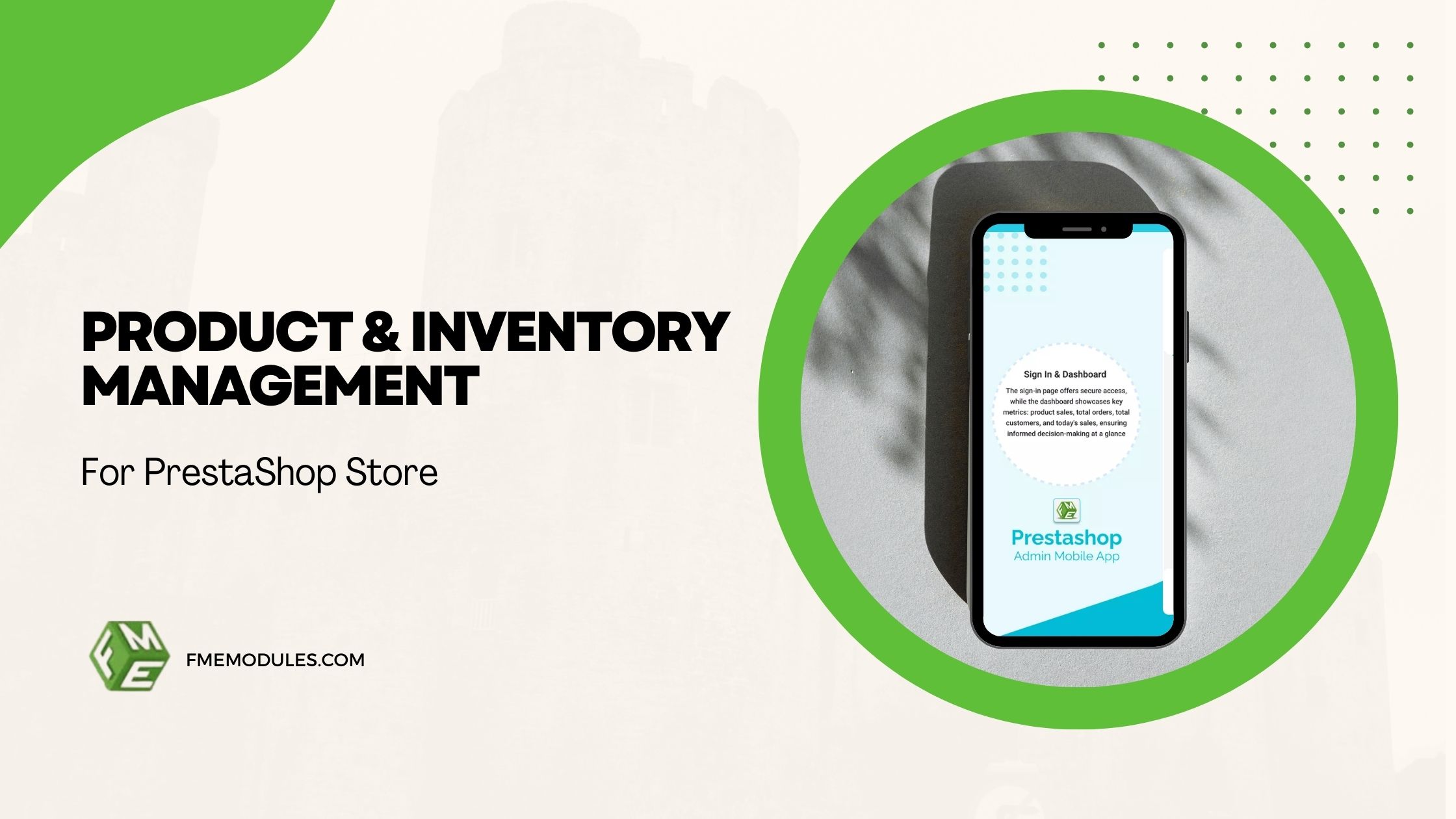Why PrestaShop URLs Get Complex and How to Simplify Them
.jpg)
Posted On: Aug 8, 2025
Categories: Marketing , PrestaShop SEO Best Practices: Guides, Checklists & Tips
Author: Zarak
No doubt Prestashop is a powerful and flexible e-commerce platform, but it’s also complex, especially when it comes to URLs. Yes, most of the Prestashop URLs have numbers, parameters, and even session variables, which are not ideal for SEO and user experience.
Google and other search engines like keyword-enriched and easy-to-read URLs. The complexity of URLs also leads to indexing issues and duplicate content. Moreover, your potential shoppers would also not click on the messy URLs, which could cost you in the long run.
Therefore, simplifying your Prestashop URLs is a must if you want to boost your visibility, traffic, and brand trust. Speaking of which, this complex URLs Prestashop resolution guide looks into the causes of complex URLs in Prestashop and how you can resolve them using tools like the Pretty URL Module.
Common Causes of Complex URLs
The native URL generation of Prestashop is one of its drawbacks and also one of the challenges of new e-commerce stores. The main reasons for its overly complex URLs are:
-
Numerical IDs in URLs
You will normally have number IDs in the URL of pages and categories, like:
https://fmemodules.com/123-seo-module
These IDs make URLs longer and harder to read. More importantly, they provide no SEO value and can dilute keyword relevance.
-
Session and Tracking Parameters
PrestaShop often appends parameters like ?id_lang=1, ?session_id=xyz, or even UTM tracking tags. Yes, they are necessary for technical functionality, but they can:
- Create duplicate versions of the same content
- Confuse search engine crawlers
- Reduce URL clarity for users
For example:
https://fmemodules.com/123-pretty-urls?id_lang=1&utm_source=email
-
Dynamic Content Filters
Layered navigation and search filters can also result in URLs like:
https://fmemodules.com/pretty-urls?color=blue&size=10&price=50-100
These variations might be serving the same content, but are treated as separate pages by Google. This will certainly lead to indexing issues and can harm crawl efficiency.
-
Lack of Canonicalization
If your Prestashop store pages are missing canonical tags, you are very likely to see search engine indexing multiple versions of a page with slight URL variations. This will split your link equity and, hence, cost you visibility.
Your site’s SEO health will be greatly reduced with these factors, and could also lead to damaging the site's authority and reputation.
Simplifying URLs with the Prestashop Pretty URL Module
Now you don’t have to manually edit .hraccess files or even with Prestashop’s code for simplifying URLs. The clean URLs PrestaShop Module takes care of it and provides a reliable way to clean your store’s URLs. Here’s how:
-
Automatic Remove IDs
This seo friendly urls PrestaShop module will automatically remove numerical IDs from all URLs of your store, including products, categories, CMS pages, and manufacturers.
This transform:
https://fmemodules.com/123-pretty-urls
Into:
https://fmemodules.com/pretty-urls
It not only aligns your URLs for search engine visibility but also improves the readability.
-
Auto-Generate Meta Tags
You can totally rely on Pretty Module to craft your SEO-optimized Meta tags for products, categories, and cms pages. Furthermore, you also get the option to generate robot.txt and sitemaps.
-
SEO-Friendly Slug Optimization
By installing this module, you can take full control of how slugs are generated. You can:
- Easily customize URL slugs for categories and product pages.
- Remove special characters or unwanted words from URLs with one click.
- Easily maintain multilingual URL structures without redundancy.
FME’s Pretty URL also automatically converts accented characters into standard Latin script, which is crucial for international stores.
-
301 Redirects for Old URLs
One of the best features of this module is that after removing IDs, the module automatically creates 301 permanent redirects from old URLs to new ones. This way:
- No link equity is lost.
- User experience is maintained.
- Google properly indexes the new URLs without penalizing duplicate content.
So now you don’t have to spend hours configuring redirects manually, as the module takes care of everything about Prestashop URL optimization for your store.
-
Prevents Duplicate Content
You can also avoid duplicate content penalties from Google with this module by fixing duplicate URL issues, as it consolidates multiple URLs resolving to the same content using 301 redirects.
-
Smart Cache Management
Another remarkable feature of the Pretty URL Module is its compatibility with PrestaShop’s cache systems. This way, it generates a friendly URL without breaking functionality. This also includes a batch URL regeneration tool, so you can update hundreds of URLs with just a few clicks.
-
One-Click Compatibility Checks
Before applying changes, you can preview what your URLs will look like. This helps you avoid broken links and ensures a smooth transition.
Benefits of Simplified URLs
Your efforts for URL improvements are not just cosmetic, as you are also working on enhancing SEO and user experience, including:
-
Higher Search Engine Rankings
Indeed, clear, clean, and keyword-rich URLs are the express ticket to getting ranked at the top. Thus, when you remove irrelevant IDs and parameters, search engines can better understand your content and rank it accordingly. This also reduces duplicate content risks, ensuring a higher crawl efficiency.
-
Improved Click-Through Rates
It is an understood tendency that users will likely click on readable URLs that reflect the content they’re looking for.
A URL like fmemodules.com/seo-module looks more trustworthy than fmemodules.com/123-seo-module?id_lang=1.
-
Faster Indexing
Google prioritizes content that’s easy to crawl and understand. Clean URLs reduce complexity for crawlers, meaning your products and categories will be indexed faster and more accurately.
-
Better User Experience
Simple URLs are easier to share, remember, and type. This can lead to more direct visits and lower bounce rates. Clean URLs also improve internal navigation, making it easier for customers to browse your store.
-
Long-Term SEO Stability
By using 301 redirects and canonical paths, your SEO value is preserved even when URLs are changed. This ensures consistent rankings and traffic over time.
In short, investing in simplified URLs is a long-term win for both search engines and your customers.
Take Away
Complex URLs are one of the constraints to effective Prestashop SEO. When you create a page or category, it automatically generates a link that usually contains parameters and number IDs, which is not ideal for both SEO and user experience. Thus, you need to understand the cause of such a complex URL structure and then the ways to improve it.
This blog post serves as a necessary guide to look into and rectify one of the common problems of Prestahop Seo.
If you are still struggling with improving your Prestashop URL structure, don’t forget to count on the FME experts who are ready to make your URLs optimized for search engines and potential customers.
-







